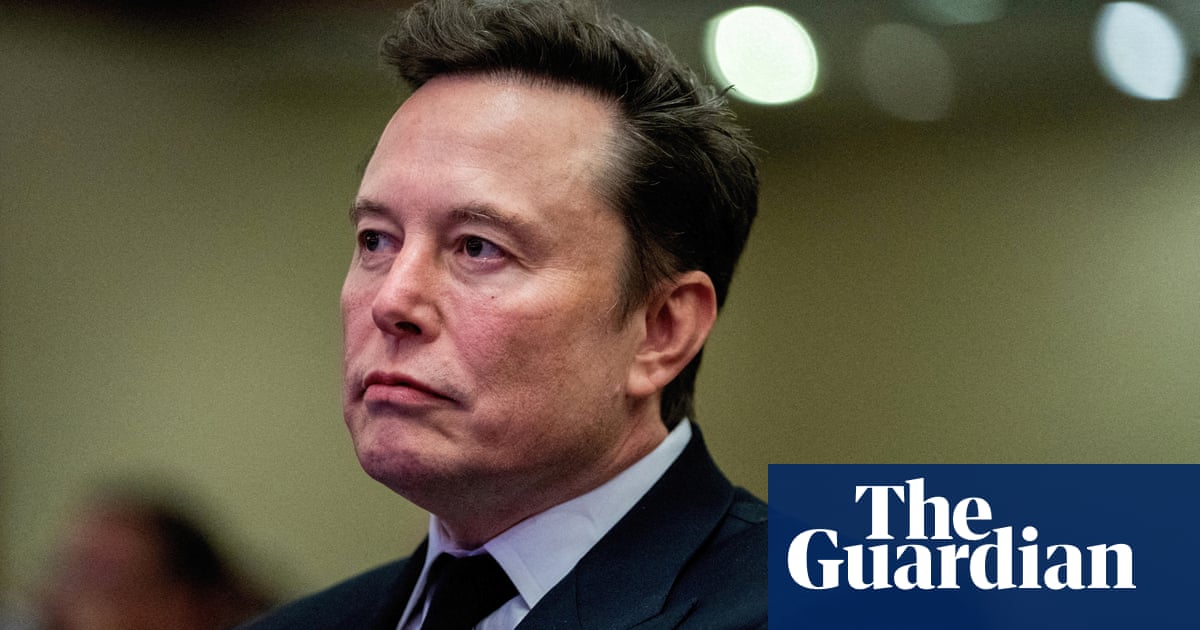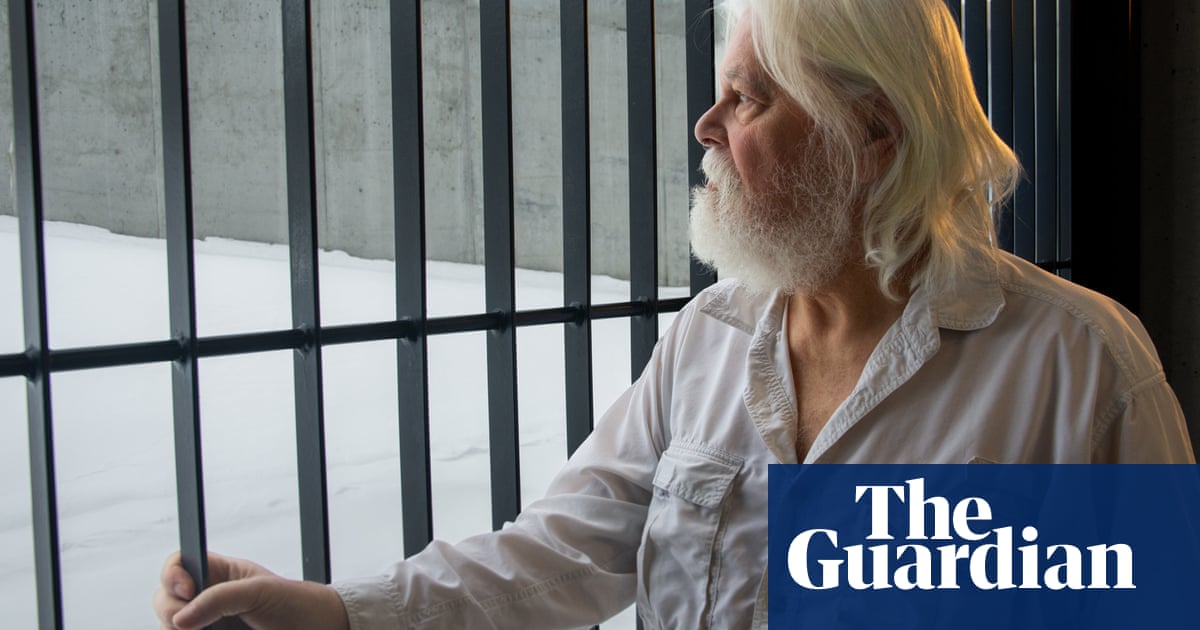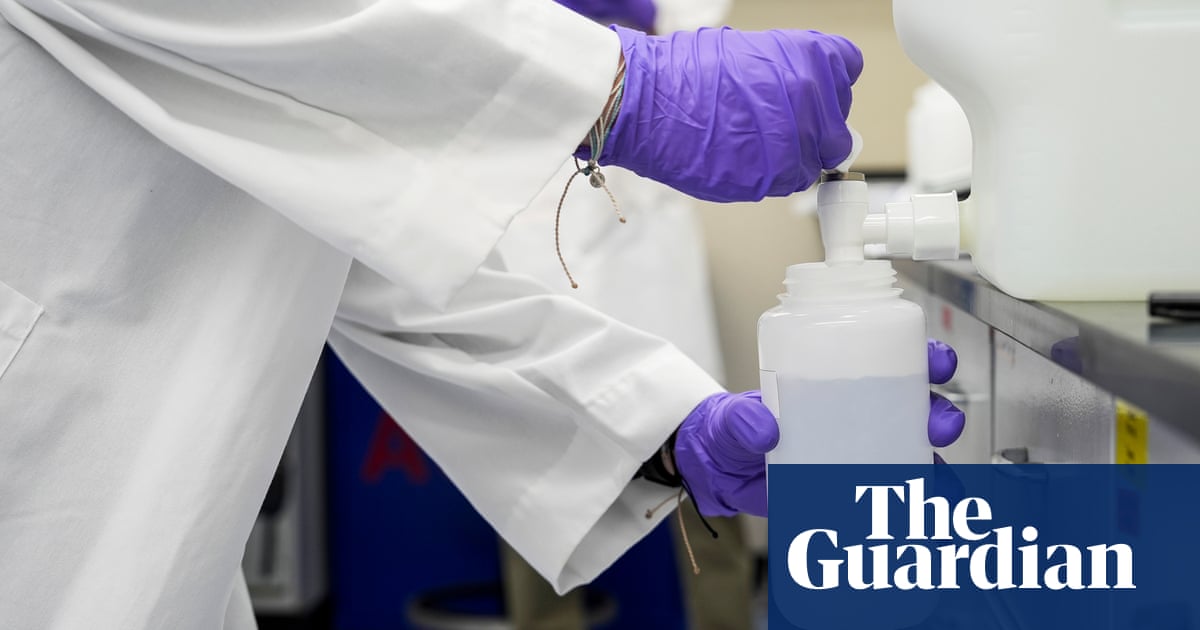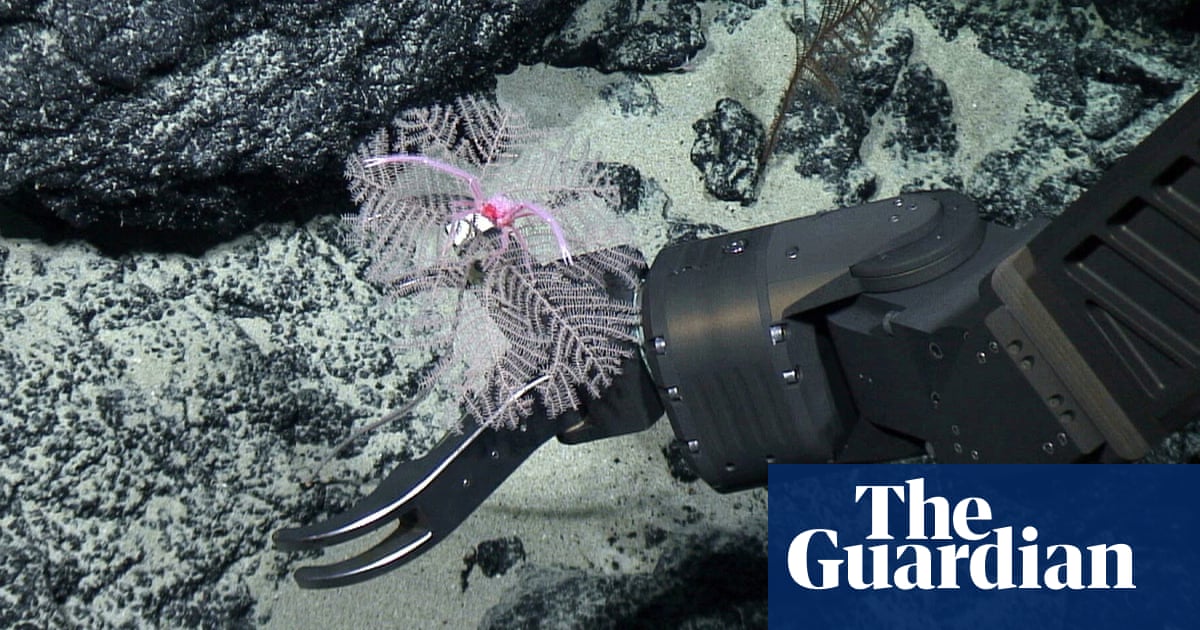Australia has been accused of undermining its Pacific neighbours in a landmark international legal case after it argued that high-emitting countries are not obliged to act on the climate crisis beyond their non-binding commitments to the 2015 Paris agreement.
In the case before the UN’s international court of justice (ICJ), Vanuatu is leading an argument brought by several Pacific nations and developing states – including Fiji, Papua New Guinea, Solomon Islands and Vanuatu – that developed countries have a legal responsibility beyond existing UN frameworks. The case does not specify the names of countries that would fall under the definition of high emitters.
The hearing, which began on Monday, follows years of campaigning by a group of law students from Pacific island countries and a unanimous UN general assembly resolution calling on the ICJ to provide an advisory opinion on what obligations states have to tackle climate change and what the legal consequences could be if they don’t.
Ralph Regenvanu, Vanuatu’s special envoy for climate change and environment, told the Peace Palace in The Hague, that responsibility for the climate crisis lay with “a handful of readily identifiable states” that had produced the majority of greenhouse gas emissions, but stood to lose the least from rising sea levels and extreme weather events.
In its submissions, the Australian government said it was “resolutely committed” to the UN Framework Convention on Climate Change (UNFCCC) and the Paris agreement, which set a goal of trying to keep global heating since preindustrial times well below 2C and as close as possible to 1.5C. The goal is non-binding.
It said the agreements were the “central instruments” for global cooperation “to tackle the grave challenge of climate change”, and international legal requirements had already been considered when they were negotiated.
Most states recognised a responsibility to prevent “transboundary harm” – damage from pollution that crosses international borders – but Australia and other parties did not agree that the principle applied to damage caused by greenhouse gas emissions.
The country’s solicitor-general, Stephen Donaghue, said Australia’s view was that the UNFCCC and the Paris agreement had been widely adopted, and that customary international law should not extend beyond those frameworks.
Despite this, the general counsel for the Australian attorney general, Jesse Clarke, said the country applauded Vanuatu’s leadership in “driving forward” on the climate crisis.
“Climate change poses the single greatest threat to the livelihoods, security, and wellbeing of the peoples of small island states, including Pacific island states,” Clarke said. “Australia acknowledges the extent of the challenge posed by climate change, and recognises that ambitious individual and collective action must be undertaken urgently.”
But Greenpeace Australia Pacific’s general counsel, Katrina Bullock, said Australia’s submissions “completely undermined its Pacific neighbours” and its position was “fundamentally flawed”.
after newsletter promotion
“The UNFCCC and the Paris agreement were created to protect people, not to shield states like Australia from accountability. Compliance with these treaties is necessary, but not sufficient to safeguard human rights and the environment,” she said.
“The global annual conference of the parties, Cop, has shown us negotiation spaces where wealthy developed countries can call the shots have not led to the ambition we need to secure a safe climate for humanity.
“Where political negotiations have failed, the court must not.”
The Australia Institute’s strategic director, Leanne Minshull, said the UN general assembly request for the ICJ to give its opinion on countries’ climate obligations showed a significant number of nations were not satisfied with the existing multi-lateral agreements.
“Listening to the oral pleadings of Australia, and it’s consistent referral to existing multilateral agreements, it felt as though they were saying to the court ‘relax, we already have this under control’,” she said.
“Whether it’s Australians facing a climate-fuelled cost-of-living crisis or a Pacific islander watching their country be washed away, ordinary people understand we don’t have this under control.
“As an Australian, I would have liked to hear our government plead a case that looked for global solutions rather than rely on sophistry to limit our legal obligations to ourselves and others.”
The ICJ hearing runs for two weeks, with a judgment expected next year. The court’s advisory opinions are not binding, but experts say its assessment in this case will be referred to as authoritative document in future climate litigation and during international climate negotiations.









